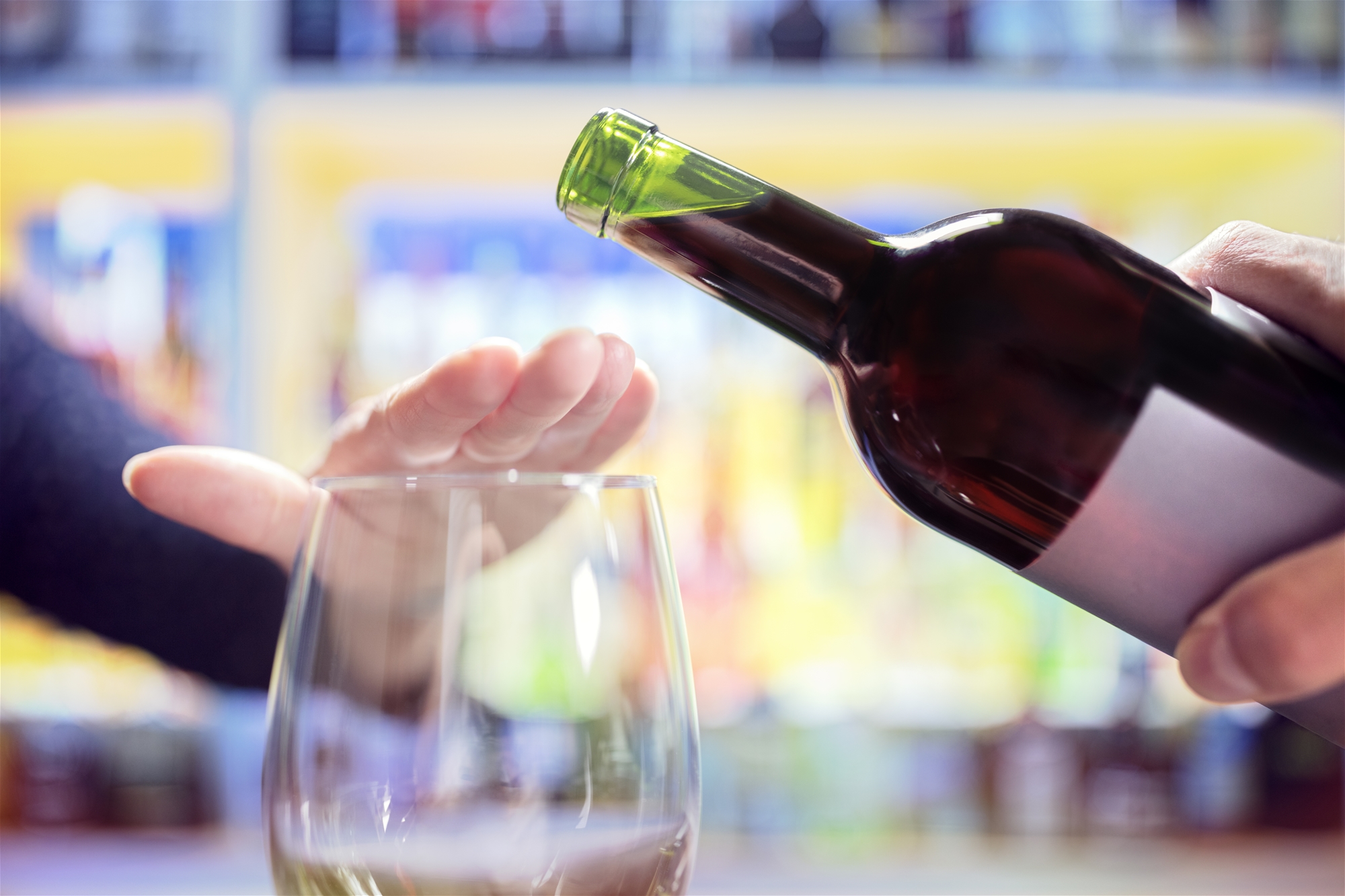Introduction
Have you ever used alcohol to relieve your sorrows because of insomnia, stress in life, and emotional upsets? Are you in a dilemma that you want to quit drinking but can’t do it? Clinical studies have shown that drinking alcohol will not only make you sleep well at night and be free from stress, it will worsen the quality of sleep or put you at risk of addiction. Most alcoholics have more serious emotional problems than non-alcoholics. Drinking alcohol is not the adequate way to relieve stress. Only facing the source of the problems and seeking medical treatment or related resources is the correct way to solve the problems and get rid of alcohol addiction.
Definition of alcohol addiction
- Alcohol addiction refers to a person's inability to control alcohol consumption, which causes damages to cognitive ability, behavioral manifestations, physical health, social function, and interpersonal relationship, while still repeating alcohol consumption continuously.
- Alcohol addiction is divided into two categories:
- Alcohol abuse: Refers to continuous drinking that affects the original life, or causes physical harm, but continues to drink.
- Alcohol dependence: Refers to the physical or psychological dependence on alcohol. You need to drink to feel comfortable. If you stop drinking suddenly, you will have withdrawal symptoms.

Causes of alcohol addiction
- Heredity: Studies have shown that one of the identical twins has an alcohol addict, while the other twins have twice the risk of suffering from alcohol addiction. The Asians are more prone to lack of acetaldehyde dehydrogenase (ALDH-1) in the liver, which results in slower metabolism of alcohol and prone to become drunken.
- Psychology: The personality performance of alcoholics is prone to emotional depression, low frustration tolerance, easy anxiety or dependence and other characteristics.
- Environment: Unstable to work, high pressure in life, and often need to drink for entertainment or juveniles in alcohol addiction families. They are more likely to develop alcohol addiction as adults than children in non-alcohol addiction families.
Characteristics of alcohol addiction
- Alcohol tolerance
It takes more alcohol to achieve the same effect as previous drinking, which is an indicator of alcohol dependence. However, in the late stage of alcohol addiction, due to the deterioration of liver function, the tolerance of alcohol addiction will be reduced. On the contrary, as long as you drink alcohol, you may experience symptoms of alcoholism.
- Alcohol withdrawal syndrome
After long-term heavy drinking, the body will have extremely uncomfortable reactions when stopping drinking, including: night sweats, hand tremors, insomnia, vomiting, emotional instability, temporary hallucinations, and severe cases may even cause epilepsy or death.
The dangers of alcohol addiction
- Irreversible brain damages: including memory loss, temperament changes, and accelerated brain function degeneration.
- Influences of cognitive function: change in judgment, memory, learning ability, etc., affect life, work or study.
- Hepatobiliary gastrointestinal related diseases: alcoholic hepatitis, liver cirrhosis, fatty liver, digestive ulcer, pancreatitis, etc.
- Sleep disorders: early awakening, restless sleep, awakening in the middle of the night, sleep disorder, etc.
- Increase the risk of mental illness: such as depression, bipolar disorder, or suicide risk.
Treatment for alcohol addiction
Alcohol addiction is by no means a single cause and its treatment also requires long-term cooperation from multiple aspects (medication, psychological counseling, etc.) to achieve the goal of reducing drinking or stopping alcohol.
- Drug therapy: outpatient or hospitalized drug therapy, in order to reduce the discomforts caused by alcohol withdrawal, and to reduce the risk of mortality or morbidity during the period of alcohol withdrawal. There are also two special drugs for alcohol abstinence: Naltrexone and Acamprosate, which can be used for at least six months under the supervision of a physician, which can effectively reduce the brain's desire and euphoria for alcohol, and achieve the goal of reducing alcohol consumption.
- Psychotherapy: Through individual, group psychotherapy or family therapy, a psychologist or social worker assists the cases to enhance the motivation of alcohol abstinence, clarify the problem, and improve the problem-solving ability.
- Alcoholics Anonymous (AA, Alcoholics Anonymous): This is a global of non-governmental mutual aid organization, anonymous and free of charge. Through mutual aid groups and beliefs, it promotes and maintains the motivation of individuals to abstain from alcohol.
Abstinence rules
Here are some of the rules for abstinence we've come up with for you to try:
- Change your mindset: Be honest with yourself and admit that you need help.
- Make a decision: Make up your mind to quit drinking and start taking action.
- Explore and accept yourself: Truly explore your inner thoughts, emotions, and behaviors.
- Problem solving: How to deal with the current problem? Think about it. Identify the problem and come up with a solution. Look for resources, and don't fight alone.
- How to allay worries: Besides drinking, you can also think about what else you can do to ease them
- How to turn down a drink: Be brave enough to say "no" when invited for a drink.
- When making mistakes: Don't beat yourself up. Adjust your mood and don't drink again.

